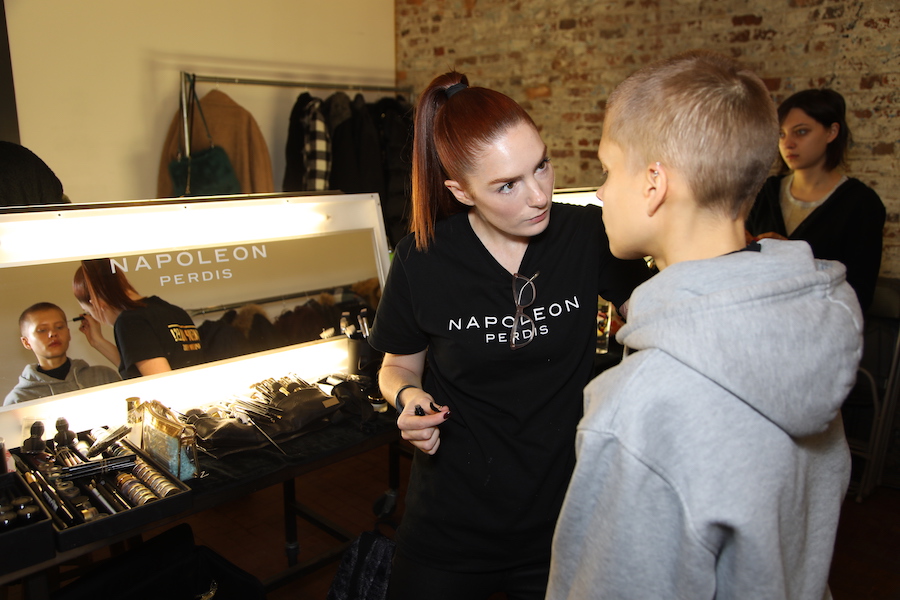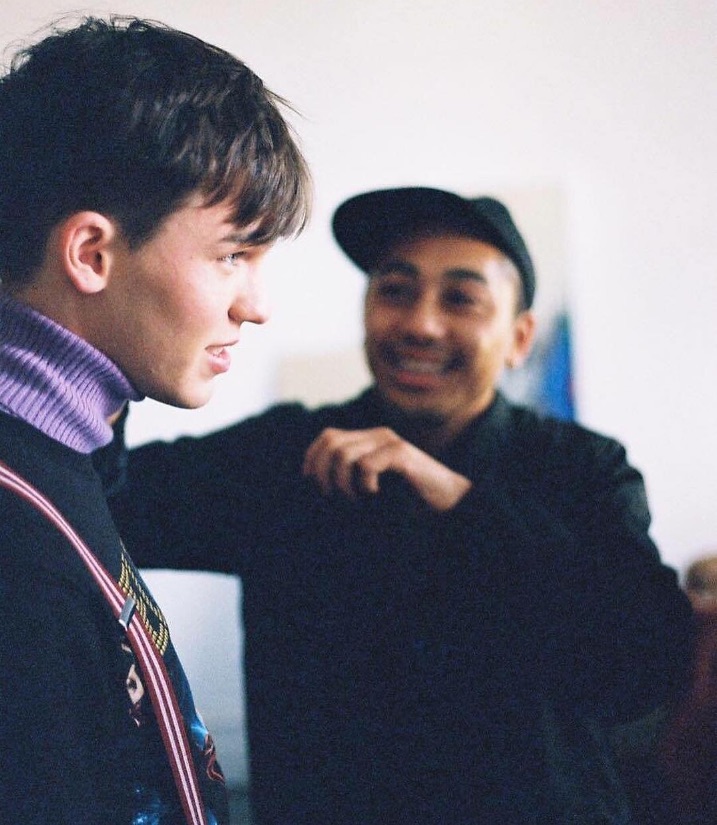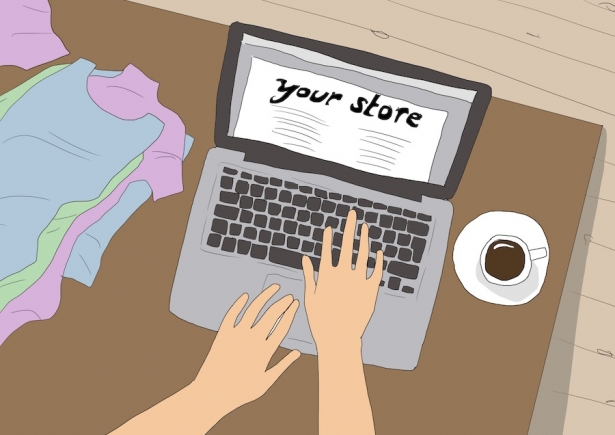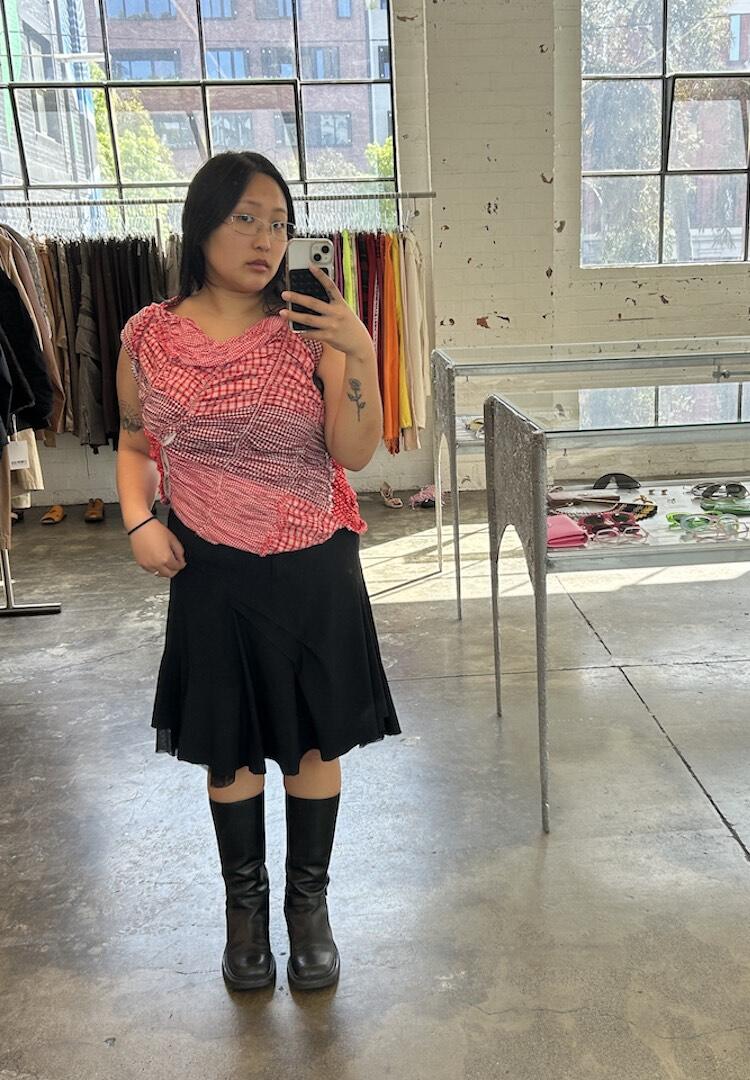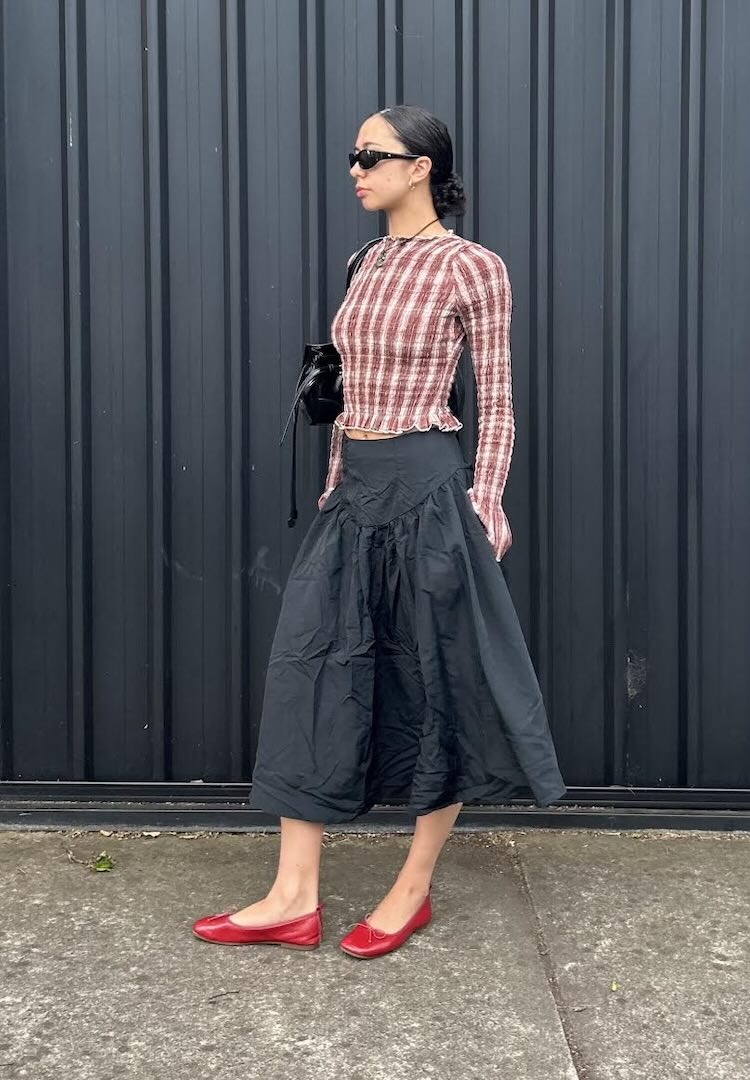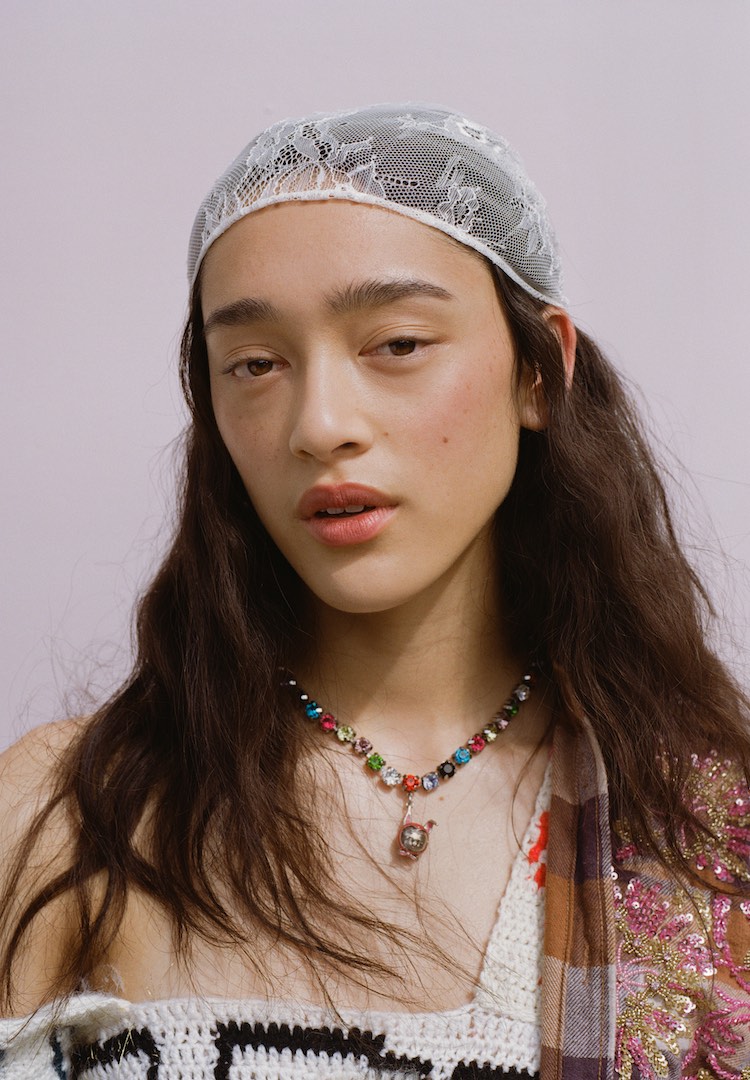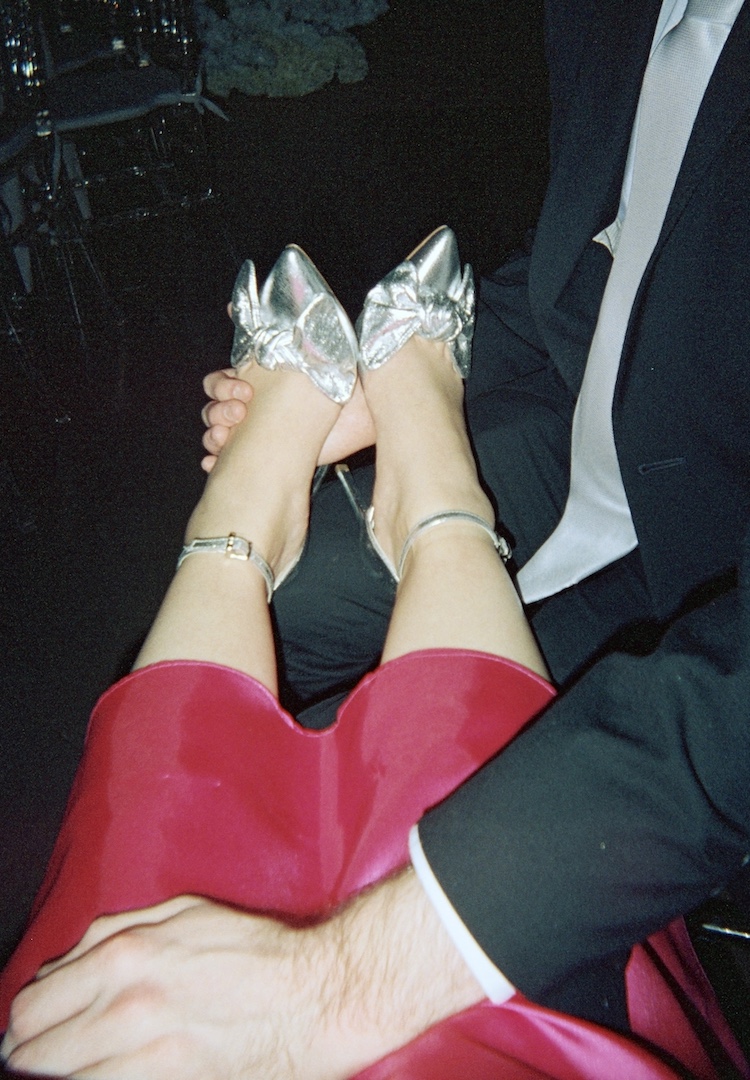How to be a good stylist assistant when you’re starting from the bottom
Been there, done that.
If you’re thinking about a career in fashion, the right start could begin by learning from those who’ve learnt before you.
Before I started out on my own as a stylist, I interned and assisted for four years with other stylists, magazines and event companies. I figured that if I learnt from successful stylists, this, in turn, would help me with my own success. So I endeavoured to be the best assistant I could be: working long hours, sacrificing my social life and even working for free.
Eventually, it paid off. If it weren’t for the networks, mentors and experiences I’d gained as an assistant, I wouldn’t be working as a stylist today.
So when it came time to finding my own assistant, I had a clear understanding of the value a good assistant and the type of person I needed.
For those chasing a career in styling and who want to assist first (which I would strongly suggest), here’s a couple of things I learnt along the way.
Be organised
Having strong organisational skills is essential as a stylist. Styling the clothing is the easiest part. But simultaneously sourcing and returning product to numerous places requires a person who is switched on and organised.
At fashion weeks, things would fall to pieces if there wasn’t an assistant who was overseeing all the inventory, especially when there are numerous designers involved and over 200 runway looks in one show.
Be resourceful
If you can’t find a prop or a garment, make it or find someone that can. The ability to make something you need out of something you have already is a skill. Most of the time, you will run out of budget and it will force you to be resourceful and rustle something up.
I once had an assistant who made me a denim dress out of a pair of jeans in one night. The construction was shocking, but it did the job and impressed the client.
Know your place in the hierarchy
When you’re an assistant, it’s always just best to do what you’re told, rather than what you think is best. Your role is to be a support to the stylist, rather than provide opinions which may conflict with a team decision.
If the client were seeking an assistant’s opinion, they would ask for it. If they don’t, it may not be the best time to voice an opinion that’s uninvited.
I once had an assistant who made her opinions known, without being prompted. Her point of view was inconsistent with mine and caused confusion with the client and photographer. This made us seems unprofessional as a styling team.
Be prepared for manual labour
Much of the work in styling is the logistics. Moving product and props from one place to another is a big part of it, so get ready to do some heavy lifting.
Be prepared for stairs (lots of them). When your shoot location is up four flights of stairs and you have four 30 kg suitcases, an assistant who is willing to roll up their sleeves makes everything much more efficient.
Be passionate and enthusiastic
Having the right attitude on set is incredibly important. If you’re enjoying yourself and show an eagerness to work and learn, people will warm to you. No one wants to work with someone who has the wrong attitude.
As the industry is small, people only want to work with people they get along with. If you are giving off the wrong vibe, the chances of you getting booked again are slim.
Be proactive
A good skill to have is the ability to pre-empt what people want, before they ask. This comes in time, by learning how particular stylists work.
When I was assisting, I was able to learn the ways in which my bosses wanted product handled, so at the end of a shoot I would pack down without their instruction.
Remember people and faces
There are always so many new people on set at every job. Most of the time they won’t remember your name, but it’s great if you can remember theirs. A smart assistant remembers everyone they’ve worked with, especially if they intend on working with them as a freelancer down the track.
Work hard
You can’t beat good work ethic. There’s nothing more appealing than a person that is willing to put in the hard yards. Being someone who shows determination and focuses on achieving the end result is more memorable than someone who has no direction and drive.
Many of these skills can be implemented into any industry. Having the right interpersonal skills and attitude can make the difference when trying to build your own career and get noticed.
If you’re aspiring to be a stylist, remember that not every pathway works the same for everyone, but hard work, drive and dedication is key.
Follow Carlos’ styling (and writing) journey at @carlosmangubat.

